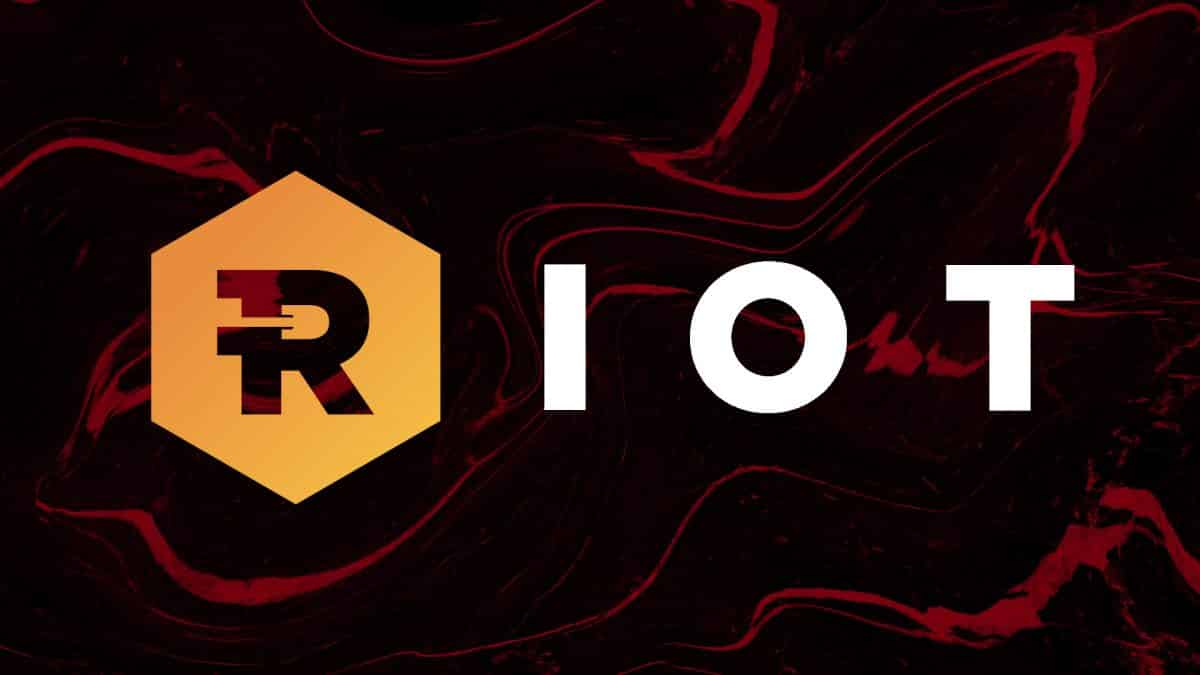Riot’s 'irrevocable proxy' play signals strategic patience in ongoing Bitfarms takeover struggle
Quick Take Riot’s pursuit of Bitfarms began nearly one year ago and eventually reached a settlement agreement in September. Riot’s stock is down 34% over the past year, while Bitfarms’ stock has dropped nearly 65%.

Riot Platforms pulled back its influence over Bitfarms on Wednesday night, agreeing to limit its voting power to 9.9% and transferring the rest to Bitfarms through an irrevocable proxy — a move that could ease tensions in their ongoing takeover saga. The agreement reduces Riot’s stake from 90.11 million shares at the end of 2024 to 54.8 million shares, though it retains the flexibility to buy or sell shares going forward, according to a Tuesday press release .
An irrevocable proxy is a legal agreement where a shareholder grants voting rights to the proxy holder for a specified period, and the shareholder cannot revoke that authority during that period.
Riot Platforms’ efforts to take over Bitfarms began nearly a year ago and culminated in a settlement agreement in September. Under the deal, Riot is prohibited from acquiring more than 20% of Bitfarms without prior board approval.
Riot first attempted to acquire Bitfarms in April 2024 for $950 million. At the time, Riot said it was ready to engage with a reconstituted Bitfarms board about a potential acquisition but withdrew its $2.30-per-share offer, citing the board’s "lack of meaningful engagement," The Block's James Hunt previously reported. Riot then steadily bought shares of its smaller rival to become its largest shareholder.
Riot, one of the largest publicly traded Bitcoin miners by market cap, now owns 16% of Bitfarms.
So why would Riot cap its voting power? To sidestep Bitfarms’ poison pill , according to VanEck’s Matthew Sigel, which triggers at 15% and "would nuke Riot’s stake." A shareholder rights plan, commonly known as a poison pill, is a defense tactic against an unsolicited takeover that makes a company less attractive to a potential acquirer.
"My take: Not surrender—castling early in a long governance endgame," Sigel, VanEck's head of digital assets research, said in a post on X . "If Riot regroups and wins board seats later, or if Bitfarms’ stock appreciates independently, Riot looks smart for staying exposed while managing risk."
Following Bitcoin's fourth halving in April 2024, which cut miners' revenue in half, mining companies have tried diversifying their operations, moving beyond pure crypto mining toward hosting infrastructure for AI and HPC. Earlier this week, Riot said it mined 533 BTC in March, which marked its highest monthly total since the halving.
Riot's stock has fallen 34% over the past year, while Bitfarms' stock has dropped nearly 65%. Riot has a market cap of nearly $2.3 billion, and Bitfarms' stands at around $380 million, according to The Block's data dashboard .
Disclaimer: The content of this article solely reflects the author's opinion and does not represent the platform in any capacity. This article is not intended to serve as a reference for making investment decisions.
You may also like
BTC Breakout Alert: Wedge Crushed, $96K–$102K on the Horizon?

Revisiting DOGE’s $0.40 Mark: Strategies for Capitalizing on Upcoming Liquidity Waves

German Chancellor-designate: Trump tariffs increase risk of financial crisis
Asia holds crypto liquidity, but US Treasurys will unlock institutional funds
